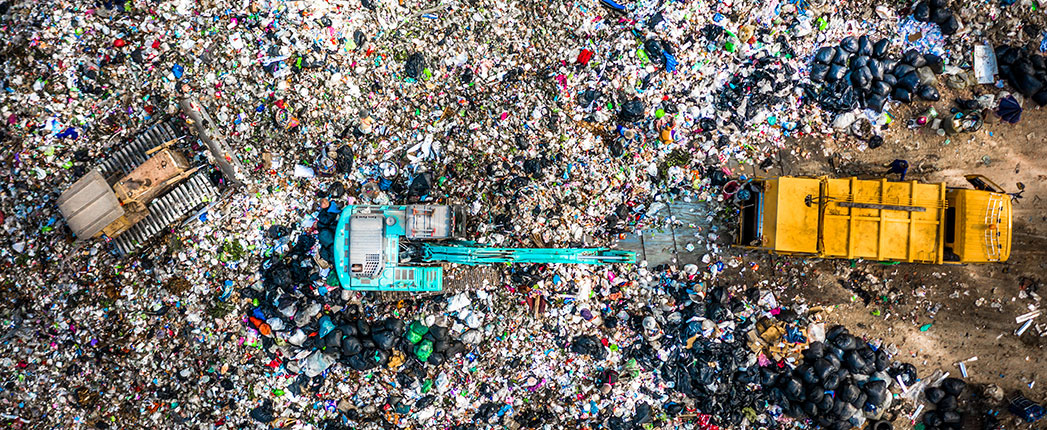
Fulcrum Bioenergy Inc. will build its first waste-to-aviation fuel plant outside of the United States at Essar Oil’s Stanlow refinery in northwest England. The project will bring jobs and investment to the region, said Fulcrum. The Californian company specializes in making low-carbon transportation fuels from non-recyclable household waste using a proprietary technology.
Aviation is responsible for 2.5% of the world’s carbon emissions, and it is believed that sustainable aviation fuel can contribute to lowering the industry’s carbon footprint. About 1% of jet fuel currently consumed is sustainable, but the International Energy Agency in its sustainable development scenario hopes this will increase to 10%.
Fulcrum NorthPoint, as the plant will be known, will convert several hundred thousand metric tons of pre-processed waste, which would otherwise be destined for incineration or landfill, into about 113.5 million liters per year of fuel. Construction should begin in 2023 and take up to two years.
The site has existing storage capacity, a tie-in with pipeline infrastructure and is close to Manchester Airport, the U.K.’s third-busiest airport and the busiest outside of London.
“The advanced fuel that will be produced from this plant will position Stanlow as the U.K.’s leading sustainable aviation fuel hub,” Essar Oil CEO Stein Ivar Bye said in a press statement. Essar is the joint venture partner of the project, which has yet to clear planning permission and gather financing.
Sustainable aviation fuel can be refined from processed household waste or other materials such as animal and plant oils, textiles and forestry waste, which would otherwise stay in landfill or be incinerated. The disadvantage is it can be twice as expensive as conventional jet fuel, which is a cost that will likely be passed onto passengers by airlines already operating on tight margins.
“Because for these fuels, in the best case, no additional fossil fuels are needed. Only carbon, which is already in the technosphere. This makes a difference in the carbon footprint. The environmental burden of the first product is normally not passed to the new product – kerosene,” Michael Carrus, founder and managing director of the Nova Institute, an independent German research institute that works on renewable carbon technology, told Lubes’n’Greases. “It will significantly reduce carbon footprint.”
Carus said so-called green aviation fuels can be made with biomass, ethanol or methanol using the Fischer-Tropsch reaction or from chemical recycling pyrolysis or gasification, using solar or wind generated electricity to power processes.
Fulcrum has other projects under construction in the US. Its first plant in Nevada is nearing completion and will be the world’s first commercial-scale plant to convert household waste into transportation fuels. It also has plants in development in Indiana and on the U.S. Gulf Coast.

Sorry, a technical error occurred and we were unable to log you into your account. We have emailed the problem to our team, and they are looking into the matter. You can reach us at cs@lubesngreases.com.
Click here link to homepage